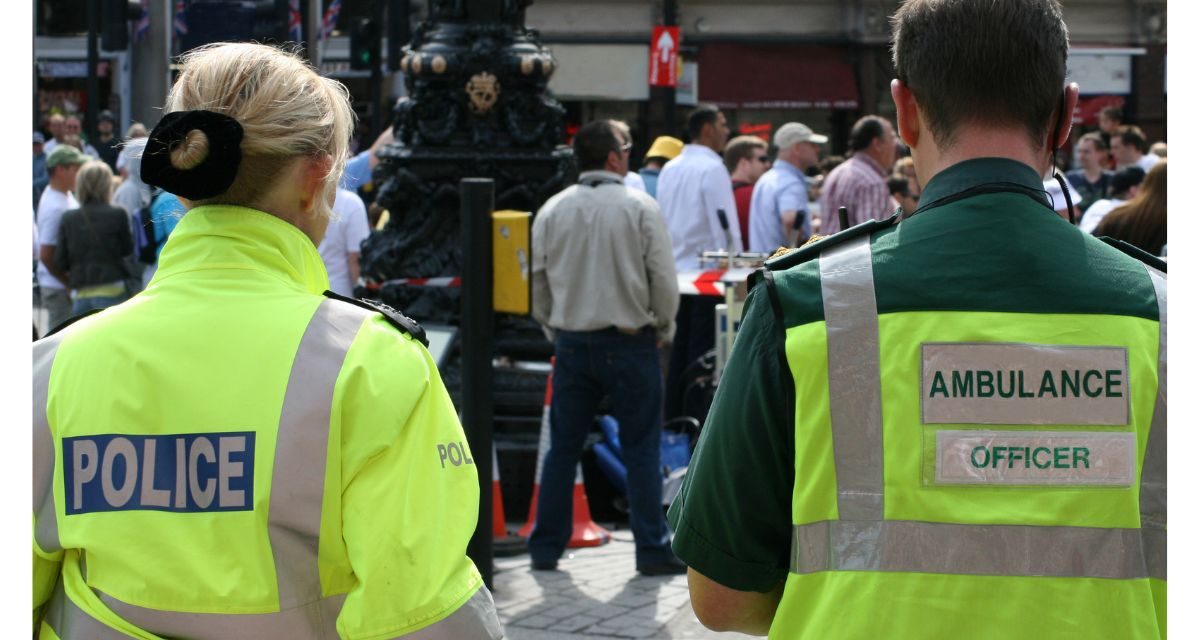Going forward, forces will only attend 20-30% of what was referred to as health and social care incidents within the next two years, down from 80%.
Officers will only respond when there is a threat to life or a crime being committed, as opposed to welfare checks or for patients who have missed appointments.
Policing minister Chris Philp said: “The police have been responding to a very large volume of mental health cases, which isn’t of course the best thing for the person concerned because what they need is medical assistance, not a police officer turning up.”
Ministers hope police will save a million hours a year by slashing the number of mental health callouts they attendhttps://t.co/S0DwoQtBFn
— LBC (@LBC) July 26, 2023
It comes after, Sir Mark Rowley, commissioner of the Metropolitan Police said Britain’s largest force will stop responding to mental health callouts from September unless there is a threat to life.
Currently, patients detained under the Mental Health Act wait with police officers for an average of 12 hours before receiving medical care, but this will be cut to one hour under the new plans.
Some individuals reported feeling “criminalised” when police officers attended health or social care issues, Rachel Bacon, the National Police Chiefs’ Council leader told Sky News.
Mr Philp said it is up to the 43 forces in England and Wales to individually work with healthcare boards to figure out how and when the changes will be put in place.
He estimates that one million hours of police time will be saved across the nation per year, which can be used instead for patrolling in town centres, faster response times and more resources for investigating crimes.
It comes after a pilot called Right Care, Right Person saved an average of around 1,400 hours per month in Humberside.
Police to free up 1m hours a year by implementing new approach to mental health callouts https://t.co/DZQ2IYbrHk
— Eddie Smithwick (@eddiesmithwick) July 26, 2023
“What the National Partnership Agreement does is sets out a framework and an expectation that across the country, police forces will work together with the local NHS, to make sure that people suffering mental health crises get a health response and not a police response,” Mr Philp said.
When questioned about the effect these plans will have on the NHS, Mr Philp said an additional £2.3bn in funding will be given to mental health services by April 2024, and £150m will go towards building new facilities.
A 24-hour mental health crisis phone line is also expected to be put in place by March next year.
Mark Winstanley, chief executive of charity Rethink Mental Illness, welcomed the move saying it was “right in principle” to bring in changes over time, but said it “remains unclear” how support will be given to the wider sector to meet the rising levels of need.
Join the exciting world of cryptocurrency trading with ByBit! As a new trader, you can benefit from a $10 bonus and up to $1,000 in rewards when you register using our referral link. With ByBit’s user-friendly platform and advanced trading tools, you can take advantage of cryptocurrency volatility and potentially make significant profits. Don’t miss this opportunity – sign up now and start trading!










Recent Comments